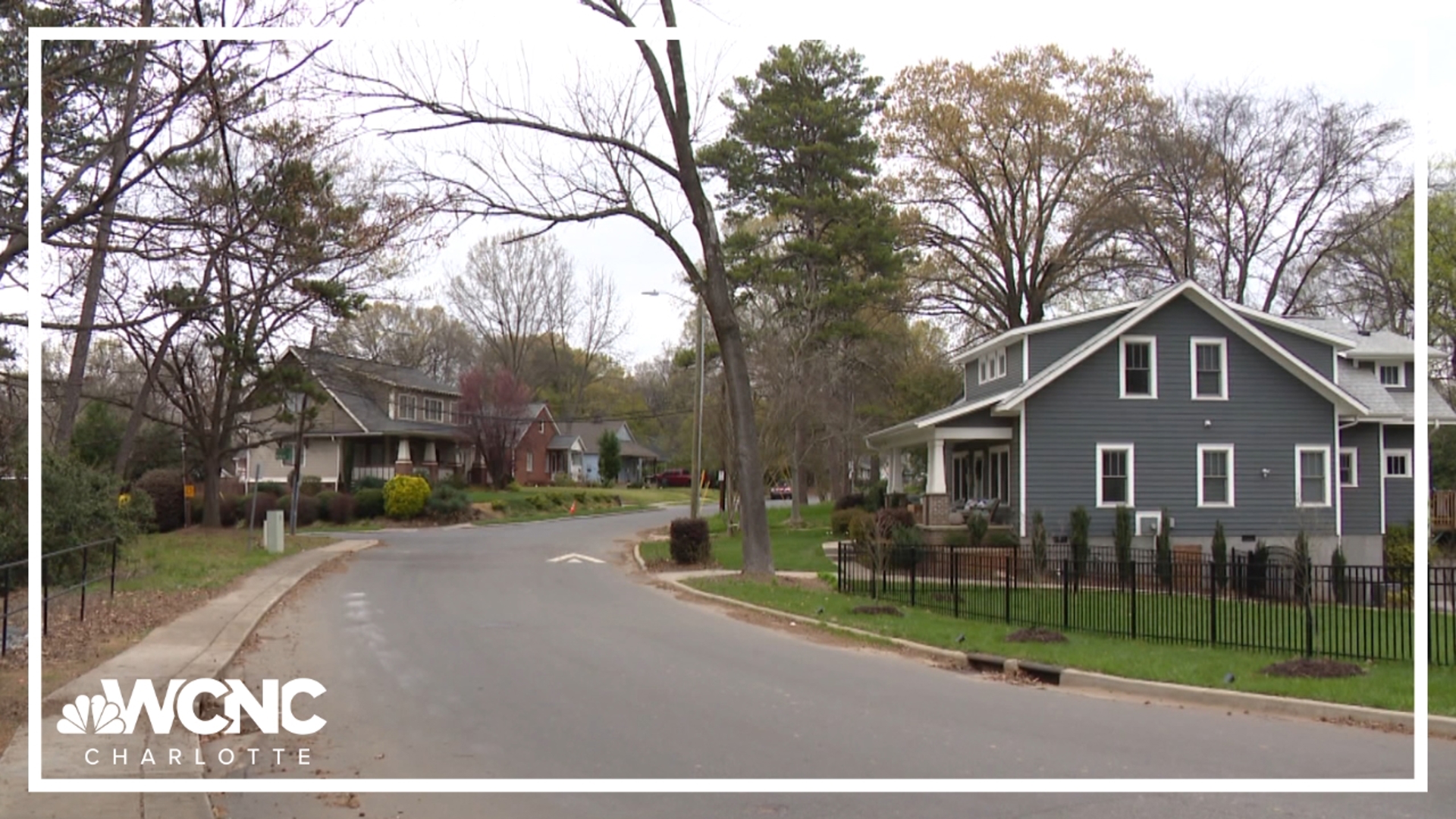CHARLOTTE, N.C. — A new report from Zillow says the home value gap between Hispanic and white homeowners is closing. In fact, it’s the smallest it’s ever been. However, affordability is still an issue, especially for minority populations.
"I'm first generation, my parents are from Mexico and so, they came here and they don't have property or a house," Mary Espinosa said. "So, for me to then have that, it changes what the future generations of my family will look like."
Espinosa grew up in east Charlotte and wanted to buy a house for her whole family, but she wasn't able to find anything she could afford, even when she looked for just herself.
"Charlotte was just still completely out of my price point," Espinosa said.
After looking at about 40 houses over nine months, she finally closed on an older single-family home in April 2022 in Kannapolis and moved in by herself.
"Granted it's only like half an hour away from my family, but that has also been an adjustment, like just being kind of like out here by myself," Espinosa shared.
As demand for houses in Charlotte surged during and after the pandemic, prices in previously affordable neighborhoods skyrocketed.
"In Charlotte, home values are up roughly 58, 59% when compared to before the pandemic," Orphe Divounguy, a Zillow economist, said.
The higher prices are forcing first-time home buyers like Espinosa out of the city.
"The income gap has kind of prevented homeowners in certain neighborhoods from really investing more into their communities," Divounguy added.
However, the good news is, that home value gaps between Hispanic and white homeowners are closing. The Zillow report states that in the Charlotte metro area, home values are worth 10.6% less for Hispanic residents compared to white residents. Nationwide, the gap is 11.9%, which Zillow says is the slimmest margin ever recorded.
"The increased demand for housing that was relatively more affordable has caused home values in relatively more affordable markets to increase," Divounguy explained.
The rise in values helps existing minority homeowners build wealth, but it also makes it harder for first-time buyers to get in.
Espinosa thinks educational programs on the home-buying process and down payment assistance could help others, especially if they’re in Spanish.
She shared that with the help of family and friends, her parents recently became homeowners, too.

